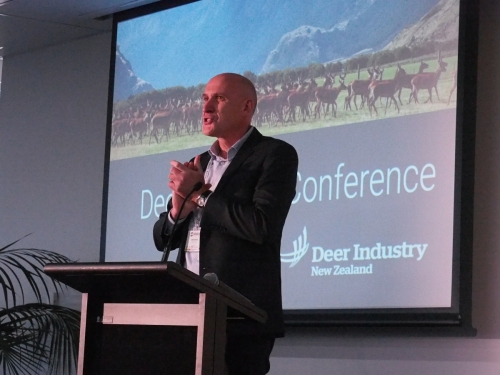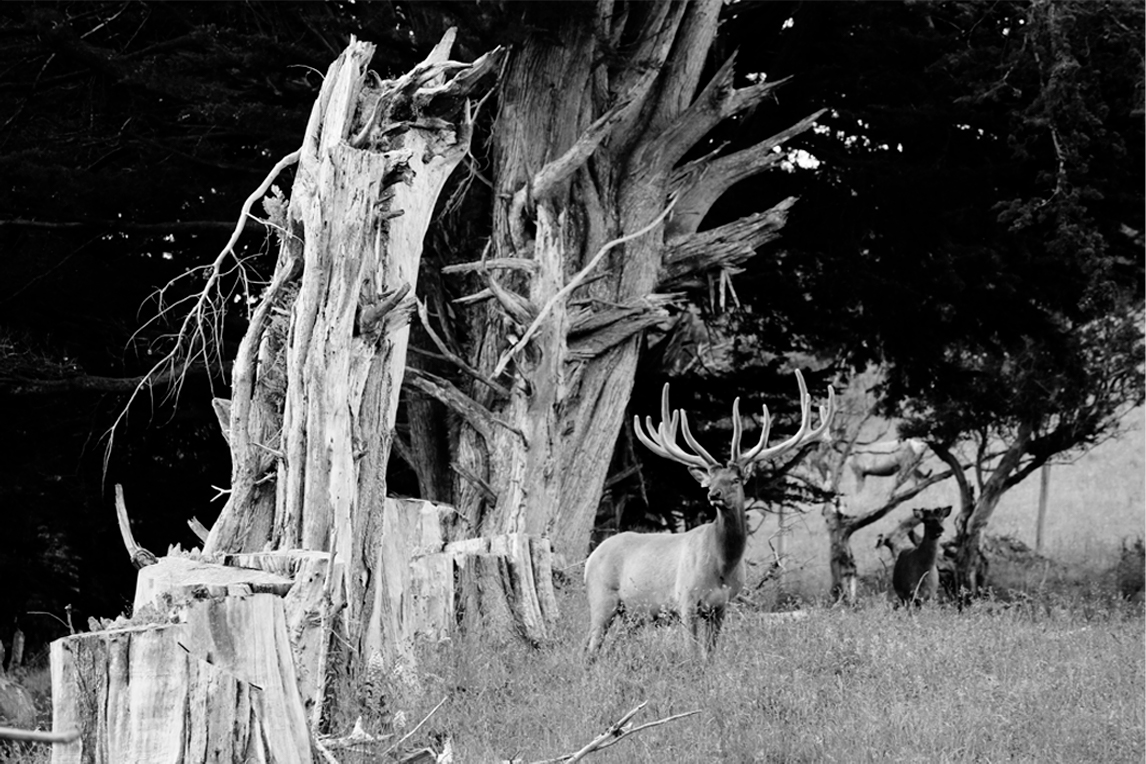May 31, 2021
It’s farming, but not as our grandparents might have known it. Nor is it just a New Zealand trend.
Global food brands, consumers and investors are looking for the proof that food producers are acting in an ethical and environmentally sustainable manner. New Zealand farmers agree that one of the best way to do this is for each farmer to have a robust farm environmental plan.
Speaking at the 2021 Deer Industry Conference in Invercargill on 18 May, Rabobank head of sustainable business development Blair Holgate said food production world-wide is going through a major transformational change.
“Rules are being written locally and globally as to what we farm, how we farm and where we farm. Fresh water, greenhouse gases, animal welfare and biodiversity are all in the mix. In the last 18 months major food companies have started making bold, ambitious statements particularly in the carbon space.”
Consumer demand is not the biggest driver, Holgate said. It is food companies that are coming under increasing scrutiny from NGOs and investors. They want to protect their social licence to operate and continue to have access to investor capital.
Nestle is committed to becoming carbon neutral by 2050. JBS – the world's largest processor of fresh beef and pork, with more than US$50 billion in annual sales – plans to be carbon neutral by 2040. These and other major companies are not just talking about their own footprint, they’re talking about the whole supply chain.
“If you look at Nestle, a large part of their carbon footprint will come from our dairy farms in New Zealand.”
Both Holgate and Deer Industry NZ (DINZ) chief executive Innes Moffat told the conference that ‘green washing’ – claiming to be environmentally friendly, without proof of performance – would not cut it. With the appropriate system, farmers can prove they are farming in ways that regulators, consumers and NGOs see as ethical and sustainable.
As Holgate pointed out, the big companies have done the easy bit – announcing their 2040 and 2050 targets – without any roadmap for achieving them. Nor are there any agreed definitions of what sustainability means in the context of food production.

DINZ chief executive Innes Moffat: Green washing’ won’t cut it. Farmers will need to be able to prove they are farming in ways that are ethical and sustainable
The tool that everyone appears to agree on, from agriculture minister Damien O’Connor to Deer Industry NZ, is for farmers to have a robust farm plan. For deer farmers today, that means complying with existing the NZ Farm Assurance and Deer QA Plans delivered by venison companies, and the National Velvet Standards Body’s velvet QA programme.
DINZ and the NZ Deer Farmers Association have also set a 2023 target for all deer farmers to have farm environmental plans (FEPs). Already, more than 60 per cent have one.
There are two drivers for this. To raise awareness of best environmental practices among deer farmers. And to demonstrate to regulators that farmers are the people best-placed to manage their farm environments.
DINZ environmental stewardship manager Lindsay Fung told the conference, “It’s vastly better for farmers to have robust farm environmental plans, than to go down the resource consent route.”
Whether or not livestock farmers have comprehensive FEPs in place, they will be required by 1 May next year to have completed a winter grazing ‘module’. This is a government requirement; part of its clamp down on intensive winter grazing practices.
Fung says that while there is a still uncertainty about the final environmental standards farmers will have to meet in the years ahead, change is certain and for many deer farmers written plans are already the reality.
“In order to complete a plan keep photos and maps, documenting what you are doing on your farms. Know your GHG number. Know what’s happening with your water quality,” he said.
“By and large deer farmers are good stewards of the land. Production from our land is of low intensity. We have effective management systems for sediment, which is the main environmental risk posed by deer.”
He advises farmers to work in groups with other deer farmers – the local NZDFA branch, DINZ Advance Parties and Deer Industry Environmental Groups – to share knowledge and to build understanding of the solutions to some of these questions being asked of farming.
“Do the right thing on your farm, but don’t stop there. Let others know you are doing the right thing, whether it’s through social media or by getting involved in your community. You have a lot to be proud of.”

